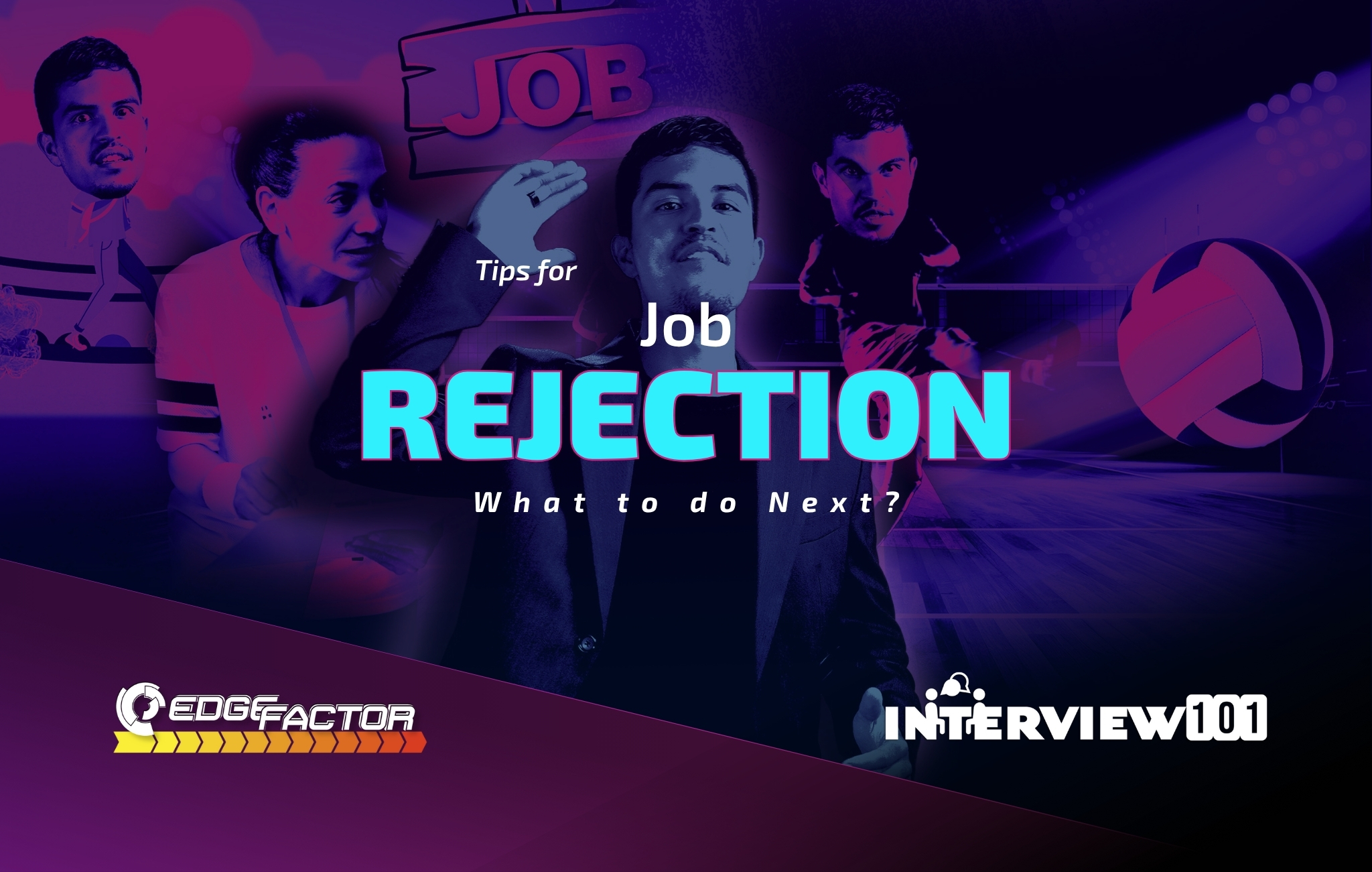
You gave it your all, polished your resume, nailed the interview prep, showed up, answered every question, and left feeling optimistic. Then the message arrives: “We’ve decided to move forward with another candidate.”
Rejection stings. Especially when you thought it was the right fit. It can feel personal, frustrating, and discouraging. But it doesn’t have to be the end of the road. It might just be the beginning of the next, better one.
Rejection is a normal part of the job search, especially early in your career. The key isn’t avoiding it, it’s learning how to handle it, reflect on it, and grow because of it.
This isn’t about ignoring disappointment, it’s about using it. Rejection offers two things you don’t want to waste: feedback and clarity.
Feedback helps you improve. Clarity helps you realign with opportunities that are a better fit. Rejection teaches. It refines. It builds the kind of professional resilience that lasts long after the job search is over
.jpeg)
Rejection isn’t failure—it’s feedback. Here’s how to take that “no” and turn it into momentum.
Even when you’re disappointed, stay professional. Thank the interviewer for the opportunity. Express appreciation and interest in future roles. Your maturity leaves an impression, and companies remember it.
Not all employers provide it, but it never hurts to ask. A short, respectful email can yield helpful insights:
“Thank you for the opportunity. If you have any feedback that could help me improve in future interviews, I’d greatly appreciate it.”
Even one tip could be the difference next time.
Look back on the interview. Were there moments you felt unsure? Did you rush through a question? Was your body language closed off? Self-reflection, paired with feedback, can help you improve your approach, answers, or presence
Sometimes, rejection reveals a simple truth: you might need more experience, training, or technical knowledge to land that role. That’s not failure—it’s direction. Use this moment to explore courses, certifications, or hands-on opportunities that help you close the gap.
A rejection feels like a stop sign, but it’s not. Keep applying. Keep interviewing. Keep learning. Every “no” is one step closer to the “yes” that matters.
“Rejection is a normal part of the job search. The key is to leverage it and turn it into a way to improve yourself.” — Matteo Beltran, Interview 101, Episode 11
Job rejection is hard for anyone, but for students entering the workforce for the first time, it can be especially discouraging. That’s why educators and homeschool parents turn to Interview 101 from Edge Factor to prepare students not just for success, but for setbacks, too.
In Episode 11: Learning from Rejection, students learn how to:
With story-driven content and honest, relatable examples, Interview 101 gives students the tools they need to handle rejection and use it as a springboard toward success.
Edge Factor’s premium memberships unlock Interview 101 and over 5,500 career exploration and soft skills resources. Educators and parents use these tools to help students build resumes, prepare for interviews, and respond to rejection with confidence, not defeat.
Help your students explore, prepare, and connect with their future.
If you are interested in learning more about what an Edge Factor membership can unlock, create your free account or book a demo.
Sign up for the Edge Factor Newsletter and follow us on social media to receive the latest updates on features, events, and initiatives that will help you build the future workforce.
Email: info@edgefactor.com or message us on the Live Chat. We’d love to hear from you.